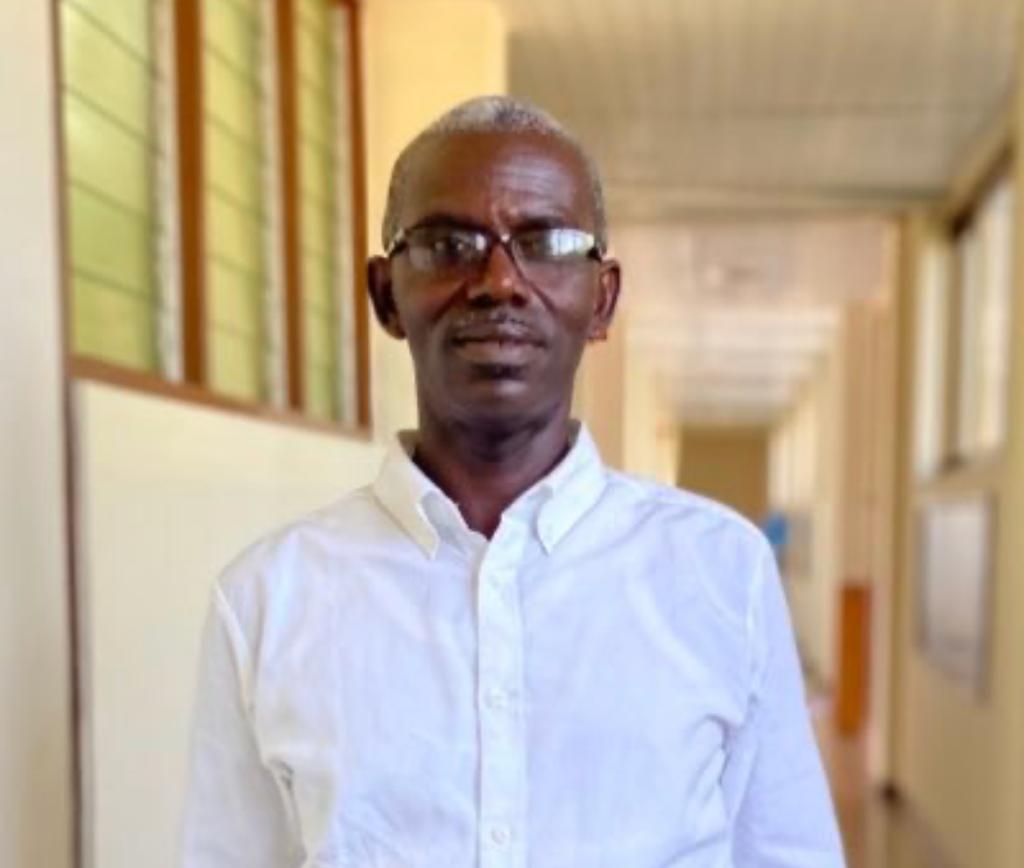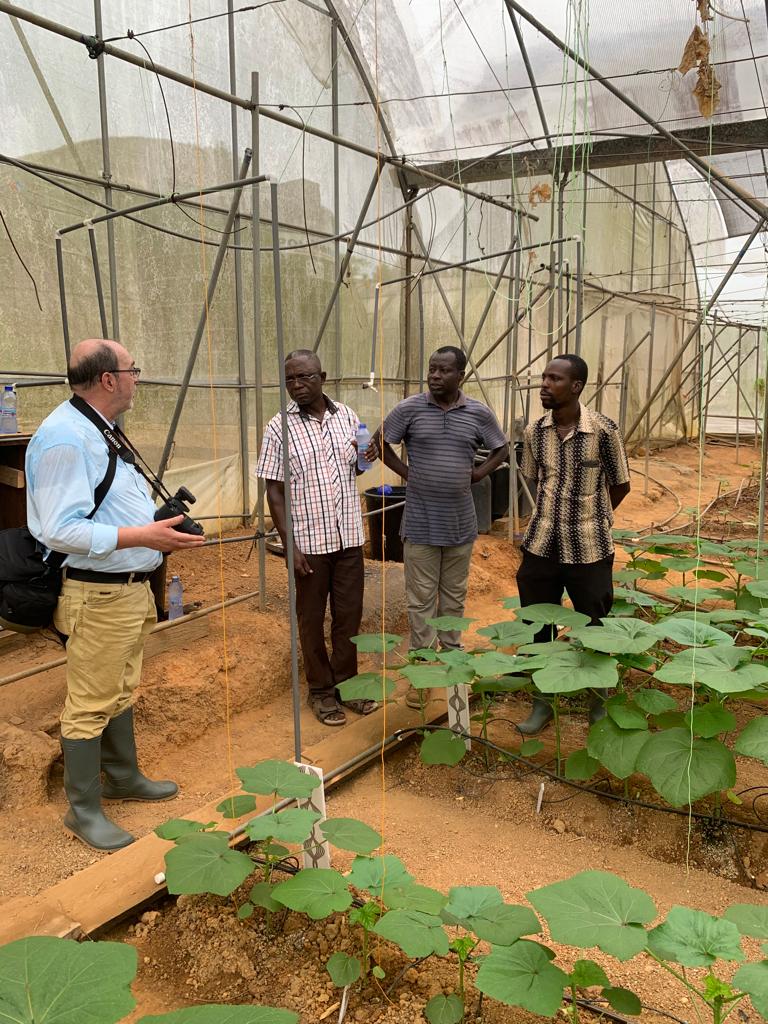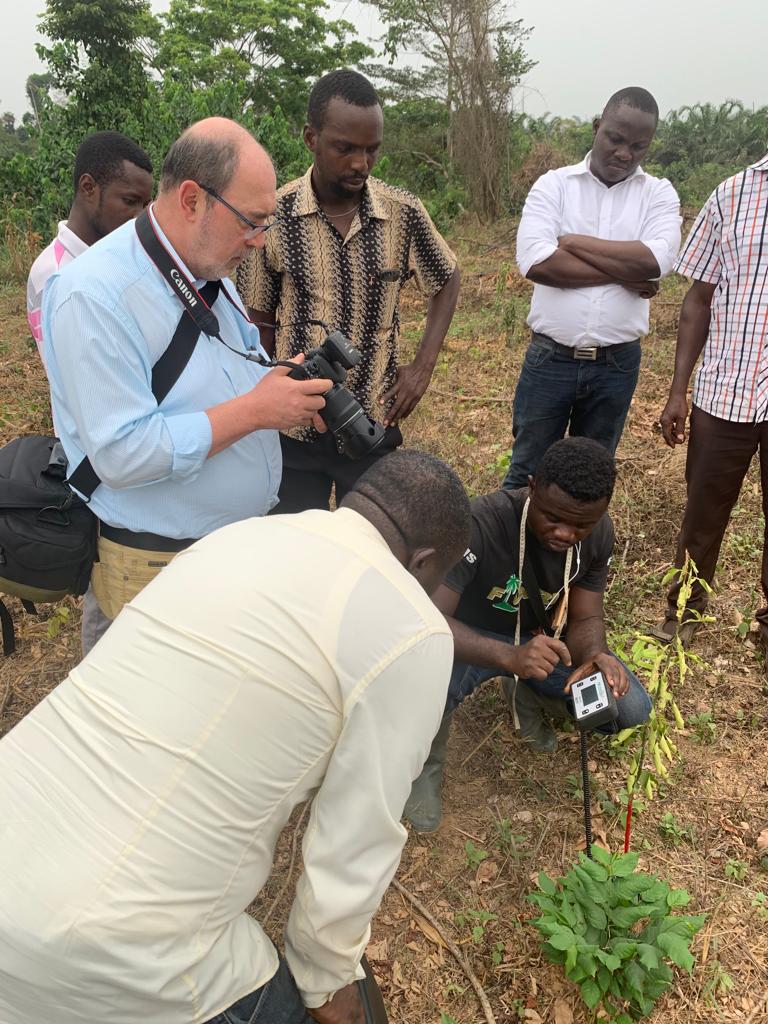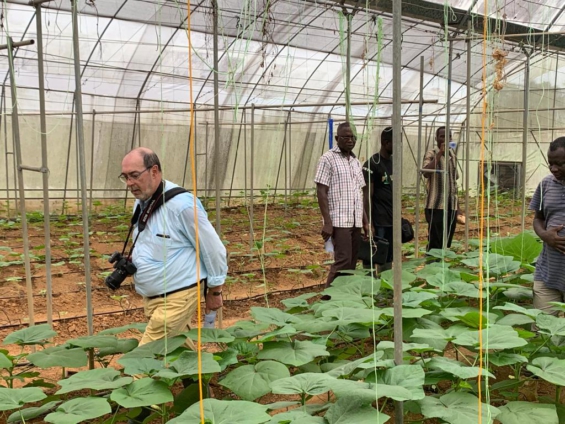The current challenges of drought and dehydration in Ghana and adverse effects of climate change can be addressed by applying a new organic water retention product to tree crops in the most affected areas in Ghana.
The unpredictable rainfall pattern in the country due to climate change means that most tree crop and cocoa farmers in the Ashanti, Bono, Ahafo and Western North regions are likely to miss production targets this year.
This has severe implications for Ghana’s economy which relies heavily on returns from the export of cocoa and other tree crops.
The water retainer is an organic soil conditioner that helps plants take-up water and diminishes the effects of drought and dehydration.

According to Professor Samuel Nsiah-Adjei of the Forest and Horticultural Crops Research Centre of the University of Ghana and an International Research Scientist at the International Institute of Tropical Agriculture, water retainer, which is developed by Water and Soil Company of Hungary, can transform agriculture in Ghana by improving soil moisture by between 30-40%over current conditions.
The water retainer improved soil moisture conditions of fields used for tests with significant improvement on the cocoa plot due to differences in the soil textural characteristics of the plots.
When water retainer application was combined with mineral fertilizer application to cocoa seedlings, soil moisture conservation was more effective and this translated into improved growth of seedlings.
This development is encouraging due to the increasing high mortality rate of cocoa seedlings as a result of relatively poor climate conditions in the country. The challenges with weather conditions in Ghana is discouraging.
Most cocoa trees are fruiting but lack of rain is causing the pods to fall prematurely.
This year the rains have delayed. Yields from cocoa have been reducing from 2020 due to change in weather.
Water Retainer is designed to reduce the impact and to initiate adaptation to the climate change and it results in increased microbiologic life activity, increases crop yield, helps better germination, reduces salinisation making farming possible in very dry areas and provides good ROI to farmers.

The Water Retainer is an organic soil-conditioning product. Generally, its effects last 3 months, during which period – pending appropriate application of the Water Retainer – the soil’s water retainment ability is substantially increased.
With Water Retainer crops can survive the drought period much longer (1-2 times longer) in rain-fed cultivation resulting in a 14 – 37 % yield increase.
The farmer can save even up to 50 % of its irrigation water and cost in irrigated cultivation.
The product is registered to be used in organic farming. It applicable independently from the soil type and the kind of a plant.
Applying this excellent ability in the developmental stage of our plants, the benefits in better root development and better hydration will last for the whole cultivation period.
Prof Nsiah-Adjei, who is a trained Agronomist and holds a PhD degree in Production Ecology and Resource Conservation from Wageningen University and Research Centre, The Netherlands, recommends that farmers need to adopt good agronomic practices and modern technology to increase yields.
Water retainer can be applied by either spraying on the surface or solved in the irrigation water, with different levels of dilution possible.
In time, the Water Retainer will attach itself to both the roots of the plant and the soil grains, thus allowing water – either by rain or irrigation – entering the soil to trickle down to the water table, increasing our water reserve.

The Water Retainer springs into action when vapour streams its way upwards though the capillaries, trapping vapour and transforming it into tiny droplets of water.
These droplets can be drawn upon by plant roots to absorb water. Meanwhile, the product sprayed on the surface also traps air humidity. Water Retainer works with all types of plants, and on all types of soil.
Water retainer has already been evaluated on cocoa, vegetables and other crops and was approved by the Ministry of Food and Agriculture in 2020 and is distributed by Blue Raven Company.
This soil conservation technology is endorsed by the Food and Agriculture Organisation (FAO) and is already in use successfully in India, Hungary, South Africa, Morocco, and Kenya and seven other countries.
Latest Stories
-
Cabinet has approved reintroduction of road tolls with modernised collection – Kwame Agbodza
22 minutes -
Heal KATH project stalls for 3 months over simmering conflict between hospital CEO and project committee
40 minutes -
You don’t need to go to Turkey, US or Europe for ‘Hairforestation’: UGMC is rolling out hair transplant in Ghana this year
43 minutes -
Help comes to market women and farmers as CSJ tackles credit barriers, protection gaps at upcoming summit
53 minutes -
50-year-old woman dies after falling into abandoned mining pit at Mpasatia
58 minutes -
Accra Bar Show 2025 launched to celebrate Ghana’s hospitality and drinks industry
1 hour -
Mahama directs Road Ministry to prioritise roads under the Big Push initiative
1 hour -
JoyNews journalist Carlos Carlony recounts Military assault at McDan warehouse demolition site
1 hour -
Former MIIF CEO stopped at Airport over unauthorised travel attempt while on OSP bail
1 hour -
Christian Council of Ghana raises alarm over escalating violence in Bawku
1 hour -
NSMQ 2025: Prempeh’s zonal title drought continues as ‘Our Lady of Grace’ reaches finals
1 hour -
Titus Glover links McDan warehouse demolition to alleged personal feud with EOCO head, Raymond Archer
2 hours -
#FellowGhanaians: Joy Prime’s Kwaku Asante calls for abolition of trainee allowances
2 hours -
Overloading penalty increased to GH₵50,000 – Roads Minister
2 hours -
WO II Patrick Dotse Gomashie
2 hours

